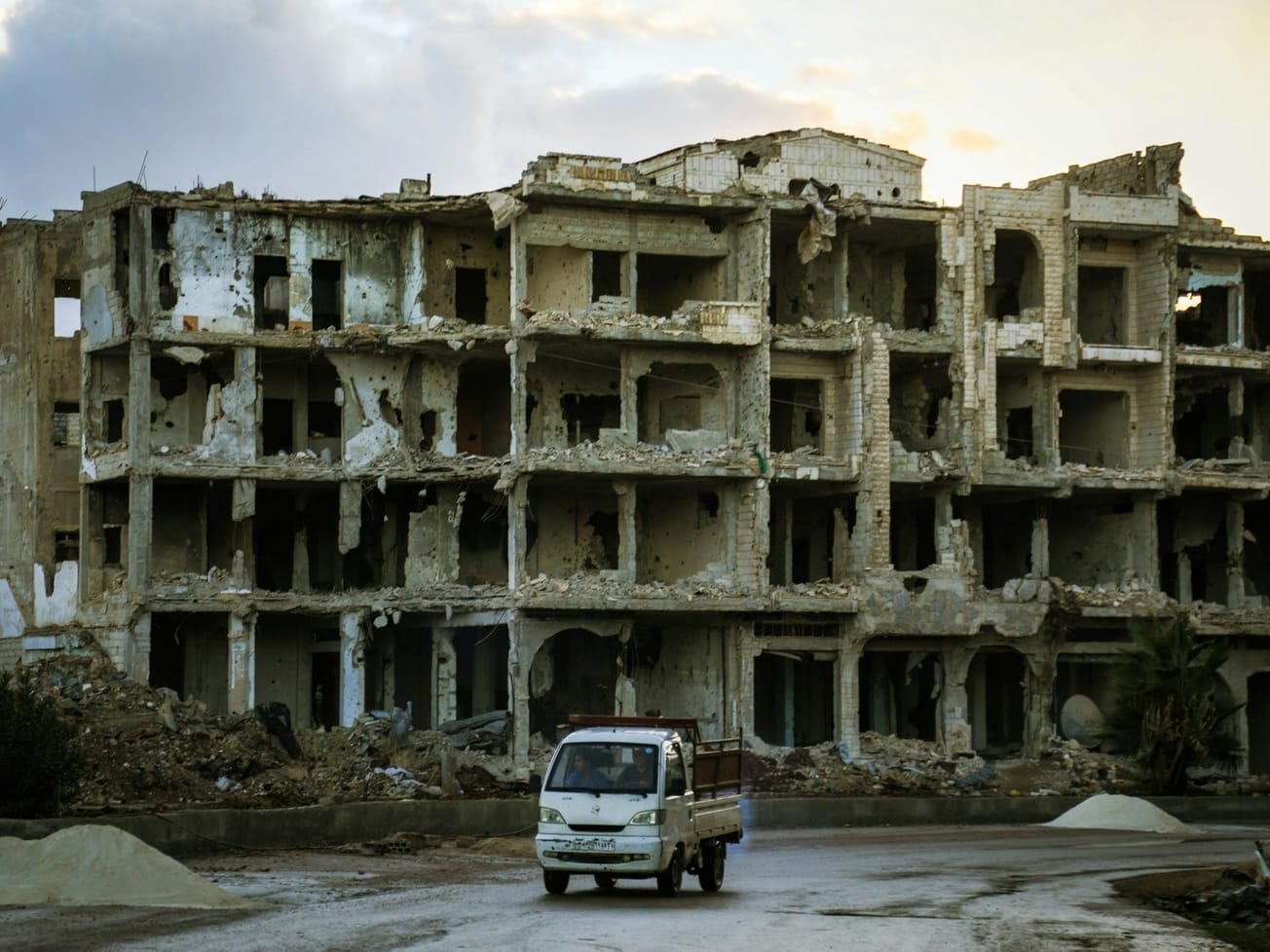Humanitarian organizations gained an important new tool with the passage of a U.N. Security Council resolution that creates a standing exemption to the U.N.'s asset freeze measures.
The 15-nation council on Friday approved the resolution, co-drafted by Ireland and the United States, in a 14-0 vote from which India abstained on the grounds that terrorist groups might be able to misuse it to raise funds and recruit fighters.








